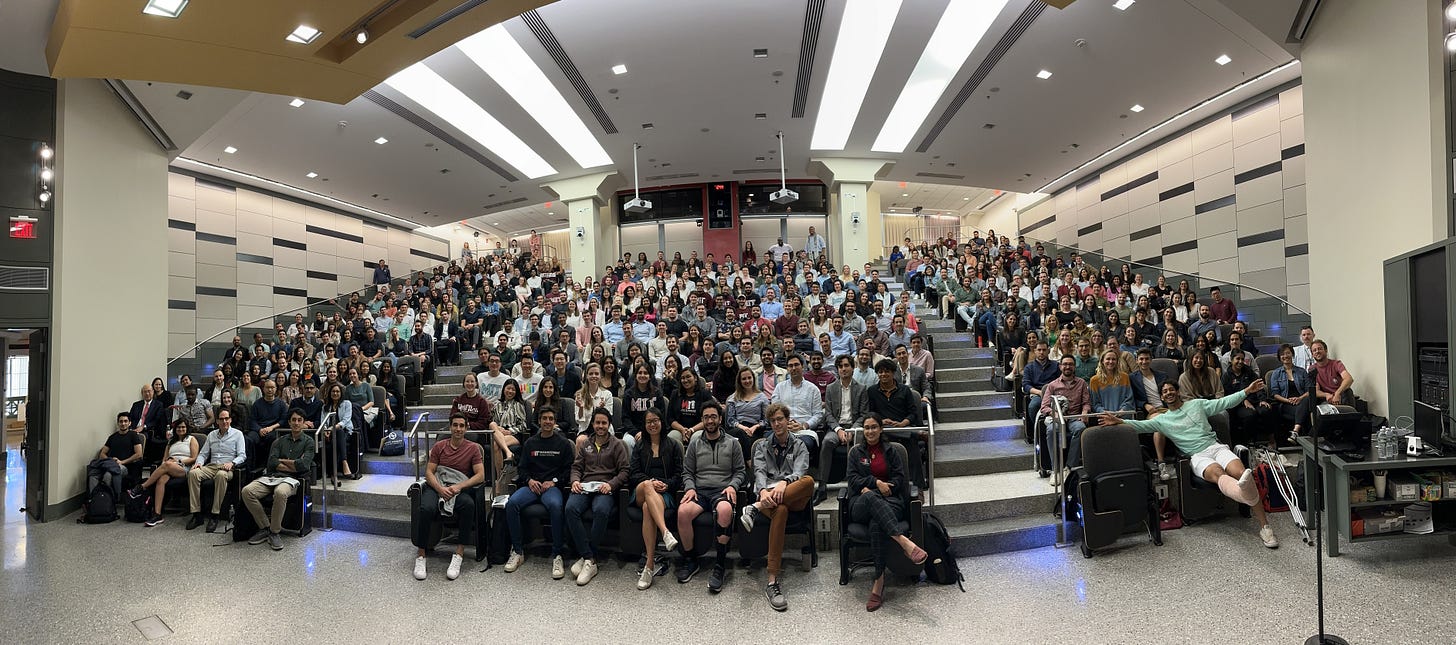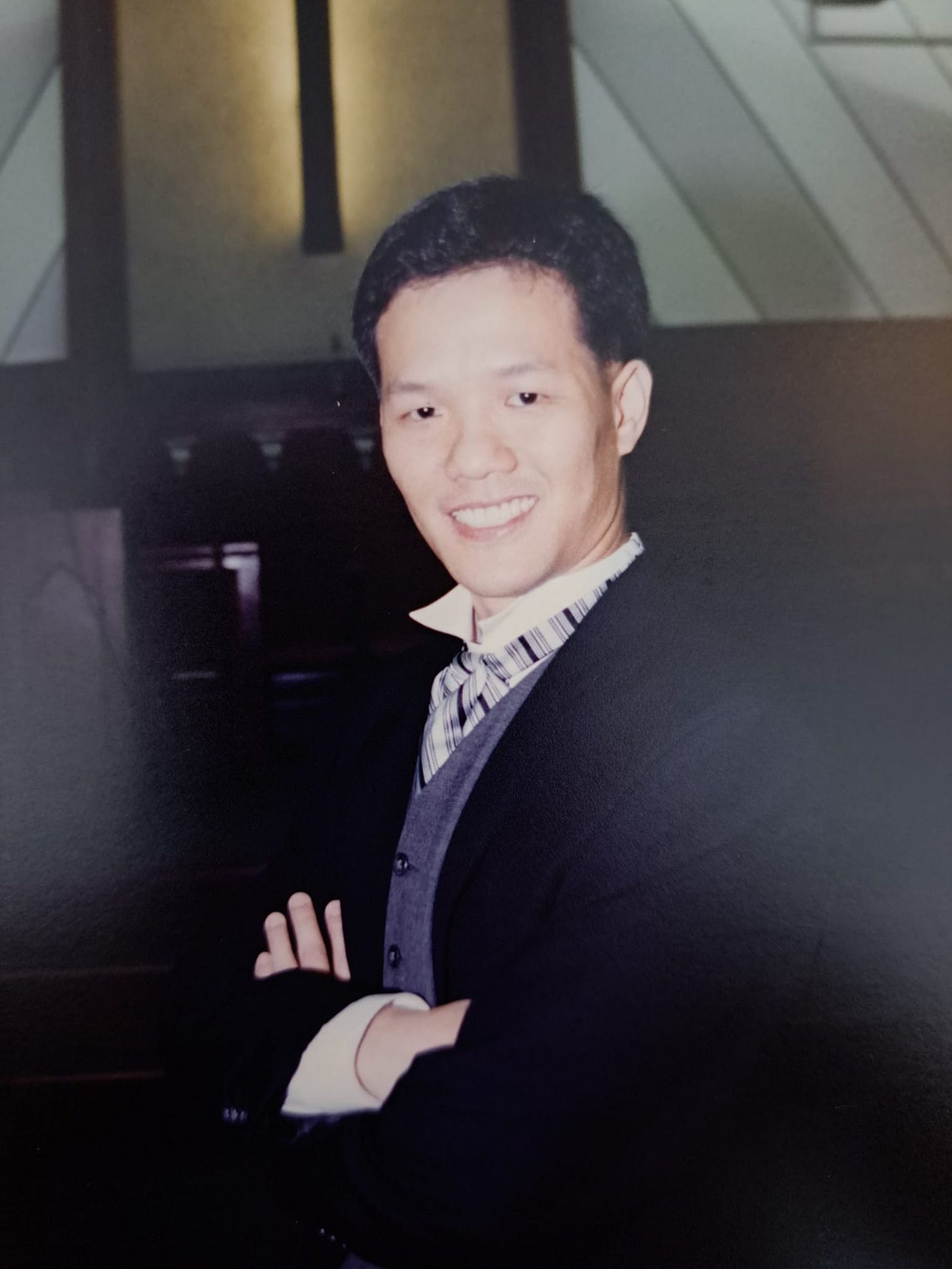There are years that ask questions and years that answer.
— Zora Neale Hurston, “Their Eyes Were Watching God”

a piano a day
I took piano classes when I was young. It comprised weekly lessons, including scales, sightreading (which I dreaded most), scores and music theory — until I finally stopped after eight years, at ABRSM Grade 8. Looking back, I don’t know how or why I persisted for so long. I don’t think I ever “cracked the code” or found my fun with that particular instrument. Every time exams rolled around, I had terrible sweaty palms which I had to wipe with a hand towel, and butterflies in my stomach. And even though I’ve learned classical piano for so many years, I’ll feel lost today if I’m given chords and asked to play. Granted, it gave me some perks, such as being able to appreciate classical music, and learn the acoustic guitar (I was crazy about John Mayer especially his earlier works), but I never picked the piano up again — at least, not thus far.

whither, why
When I reflect on the career advice I’ve received these two years, somehow, that particular bracket of my youth (learning the piano) sprang to mind. One of the greatest privileges during my MBA was speaking to 120+ people about their life choices and pathways. My favorite question to ask was: “If you could do it again, what would you do?” This question often revealed something deep because it went to the heart of what a person valued, sometimes with the pain of regret, and almost always with the wisdom of hindsight.
“Fit” came up a lot, in different shapes and words. Professor Rama, who besides being a professor at MIT Sloan has exited four software companies to tech titans, asked me: “What makes your brain hum and sing? Honor your instinct.” Others recommended building a broad perspective by speaking to more people, figure out what I’m most interested in, and level-set expectations about what I enjoy and am good at. One person said that they wished they had gone after what they wanted earlier, instead of following the conventional path out of grad school. “Don’t worry”, they said, “about the outcome or ‘being successful’, or doing what everyone else is doing”. I could feel the weight of regret behind their words — of years spent doing something they did not truly enjoy — and I appreciated their willingness to share that with me.
Another frequent piece of advice was also to keep an open mind. I was interested in food/ag, but someone asked me quite pointedly: “How sure are you that you want to join the food/ag space? Content interests may change, but the type of work may not.” Doug Rauch, who helped to scale Trader Joe’s in its early years, counselled patience and a longer-term perspective: “Look at where you’re building your portfolio of knowledge and experience. What information do you lack, and what do you want to gain? There are no quick solutions to this stuff.” And when it came to the practical, Professor Rob Wilkinson gave great advice about how to keep an open mind while job hunting. He said, write down a list of what you’d like to see in a job, for example, the kind of environment you’d thrive in, what you want to learn/ develop, and so on. But do not write down any industry or function. This list could throw up jobs that I’d prematurely overlooked, but may actually be a great fit, because they did not fall within my perceived “ideal job”.
cultivating tension
Nevertheless, there is a certain tension between finding my fit and keeping an open mind. If I’m pursuing what I’m interested in, how open should I be to alternatives? Best-selling literature on finding a job/ career also seemed to advocate opposing approaches:
Richard Bolles in “What Color is your Parachute?”, who said that you need to understand yourself, and find work that suits you.
Carl Newport in “So Good They Can't Ignore You”, who argued that passion is overrated; instead, you should build up expertise in a field and you'd grow to like it.
Both perspectives sat uneasily together, until I found some resolution in Professor Andrew Lo’s sharing during our Last Lecture1. He spoke about finding career “success” in the short-run2, medium-run3 and long-run. In the long-run, beyond 15 years, success lies in being disruptive. But most of us have been trained to be cooperative and to follow the rules, in school and our early-to-mid careers. To be disruptive, we need both knowledge and passion: knowledge about how the system works, where it’s broken, and how to fix it; and passion, to overcome inertia and stakeholders who will inevitably say ‘no’ at first. So passion and skill are not a dichotomy — both are needed for longevity, and ultimately the satisfaction that only a person knows inside.
the summer day
My uncle was the youngest of eight children. He was worldly-wise and charming, the “cool uncle” who played football and Scrabble with us kids at family gatherings. He’d also had outward success in many areas — a thriving professional career, two young children, a nice house and car.
When he was 46, one year before I would graduate, he was diagnosed with cancer. It was aggressive; he was given 12 months. During that time, he wrote many emails to family and friends, containing his medical updates and reflections. It’s been a decade, but I remember how honest he was, sharing what brought him joy and grief. Through him, I saw for the first time how the ordinary could be simple and blissful, for example when he felt well enough to go into the office, despite receiving treatment. He wished that he had spent more time with his family, travelled less for work, and worked less hard.
His emails profoundly shaped the way I approach life and work. It’s the best career advice I’ve received, which is, paradoxically, to look beyond a narrow focus on career/ work. In his words I heard a clarity that pierced the fullness of life: to pay attention, be grateful and not take anything for granted, and treasure relationships, people, health, and experiences more than money or possessions. I found echoes in the advice that some others gave too: that the most important thing about work is your boss, and to think about lifestyle factors, such as work/life balance and where you want to live.
I love this poem by Mary Oliver, “The Summer Day”. I think it sums up what I want to constantly remind myself:
I do know how to pay attention, how to fall down
into the grass, how to kneel down in the grass,
how to be idle and blessed, how to stroll through the fields,
which is what I have been doing all day.
Tell me, what else should I have done?
Doesn't everything die at last, and too soon?
Tell me, what is it you plan to do
with your one wild and precious life?
The Last Lecture is a final lecture before graduation, where the MBA Class of 2023 nominates three MIT Sloan professors to share life and career advice.
Short run (2-3 years): Become indispensable in your job. Put aside your ego, regardless of whether you initially get credit, and become the person who fixes things.
Medium run (10-15 years): Visualize what is possible, and make it a reality. You must find a way to believe the outcome before you can see it.






Awesome, reminds me a lot of the speech I fall back to often: Steve Jobs speaking at Stanford commencement in 2005. https://www.youtube.com/watch?v=UF8uR6Z6KLc
I think one of the big challenges people face is "fit" changes over time. We think of growing up from child to adult and that our "fit" solidifies once we reach adulthood. 18 years old? 25 years old? 30 years old? But do we ever stop growing/changing?
That adulthood was fixed/defined was at least my expectation or what I had been lead to believe, but it hasn't been my experience. My desires, goals, etc. still change. Or more accurately, my perception of what I want, desire, etc. keep changing. Some by getting what I thought I wanted then realizing it wasn't at all what I really wanted. Some by priorities changing based on marriage, kids, financials, etc. Only after hitting 40, do I feel like I'm finally learning who I really am and what I really want. Though I probably said that at 25, 30, 35 too.
To go back and do it again would be to go back and do what I want to do now, even if it isn't at all what I wanted to do then. I think the young me would be miserable. Many people would choose to do it differently based on the destination, where they are now. But is life about the journey or the destination?
Also, there's lots of decisions I would do differently in hindsight, in a vacuum. But most of them mean I wouldn't have met Grace. I wouldn't trade that.
Thanks Charm 🙂 sooo if you could do it again what would you do?